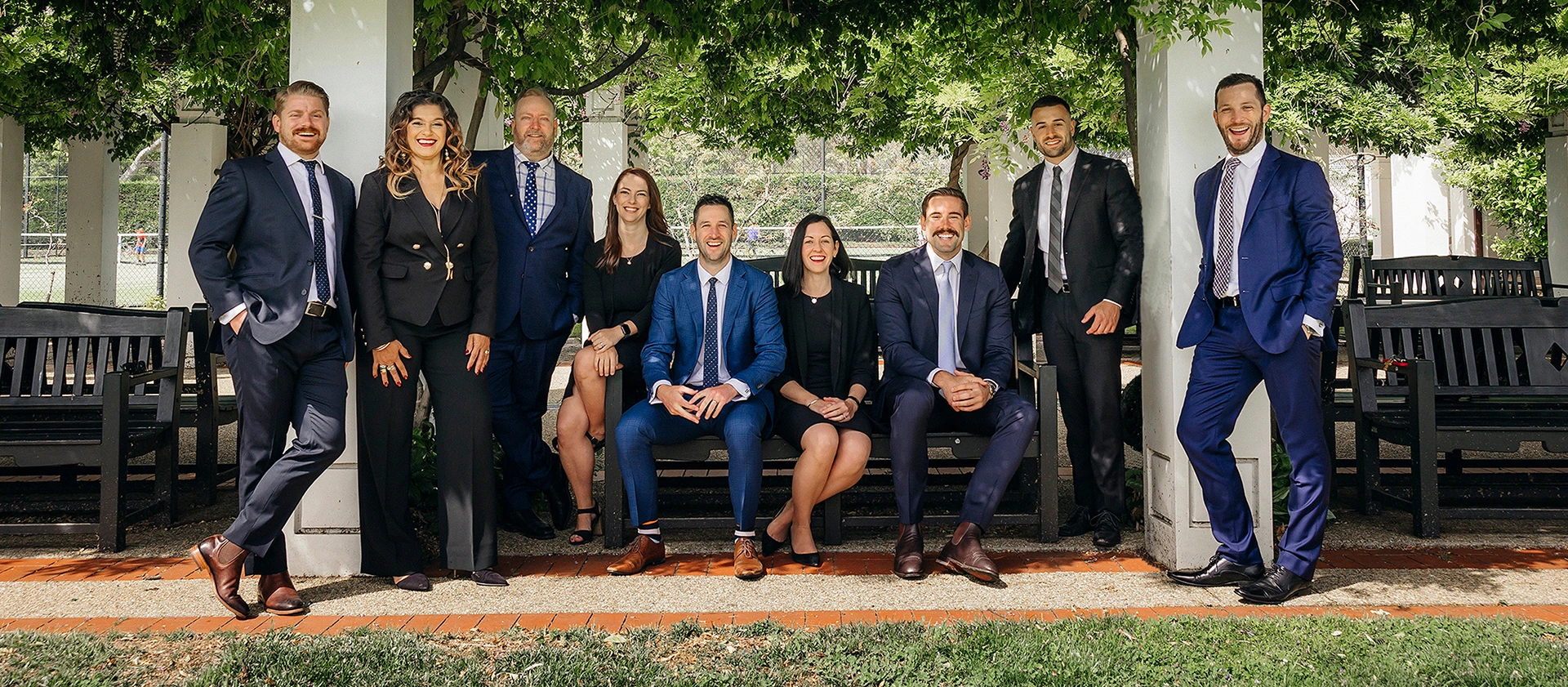 So you’ve finally found the property of your dreams and you can’t stand the thought of someone else moving in?! We know what that’s like – we’ve been there too!
So you’ve finally found the property of your dreams and you can’t stand the thought of someone else moving in?! We know what that’s like – we’ve been there too!
BUT… don’t rush to hand over your hard earned deposit, without understanding the timing of things.
One of the most common questions we’re asked is when and how to make the deposits on a new property.
Whilst the process varies slightly from state-to-state and in private sales vs auctions, the following gives a general idea of what payments could be involved.
Payment one: a holding deposit
You’ve scrimped, you’ve scraped, and you’ve finally saved enough to buy your home. Great! Now you’ve got to work out when and who to pay the deposit to.
In private treaty (or non-auction) sale, once your offer has been verbally accepted, the real estate agent may ask you to pay a holding deposit to show you’re committed to the purchase.
This figure can range from a few hundred dollars to 1% of the purchase price. It is not an additional cost – it’s simply an advance.
It’s important to note that this holding deposit doesn’t lock down the home as yours. Whilst it confirms your intent as a serious buyer, another buyer can still come along and place an offer on the property.
If your offer is accepted and contracts are drawn up, the holding deposit is considered part of the full deposit you’re required to pay.
Be sure to get a written receipt for any payments to make to the real estate agent.
Private treaty (i.e. non auction) sale deposit
Now it’s time to move onto the full deposit.
In a private treaty sale, once the contracts are signed and exchanged, you generally pay the seller’s real estate agent a 10% deposit, unless you have negotiated a different amount (like 5% for example).
For ACT purchases, you shouldn’t sign or exchange on the contract until you have Formal or Unconditional Approval from the lender. Otherwise, you’re essentially committing to a purchase without knowing whether a lender will lend you money to buy it. (We recommend having a pre-approval in place before you get to this stage – find out why here.)
Your deposit in generally kept in a trust account until settlement.
Auction deposit
Boom. The hammer comes down and the property’s yours. Well, ok, not just yet.
If you’ve put your hand up for the winning bid, it’s usually expected that you pay a 10% deposit on the day of the auction (once again, it can be as low as 5% if you have negotiated this before the auction).
But banks are usually closed on the weekends. So how are you going to stump up the cash?
This is where it’s important to plan ahead, and where we can help make sure it all runs smoothly.
Your options include writing a personal cheque on the auction day, or getting a bank cheque before the weekend auction.
Regardless, it’s always important to check before the auction as to what options are available for paying the deposit.
But what about the deposit on your loan?
The deposit amount you pay to the seller’s agent or solicitor is considered as part of your loan application to the lender.
The lender wants to check that the loan amount plus any deposit you’ve paid plus any other remaining cash, will be enough to cover the purchase price and costs.
So make sure you get receipts for any payments you make.
_________________________________________________________________________________________________________________________________
If you’re not quite up to looking at properties yet because you’re having trouble saving your deposit, there are a few other options you might want to consider. You can read about them here.

